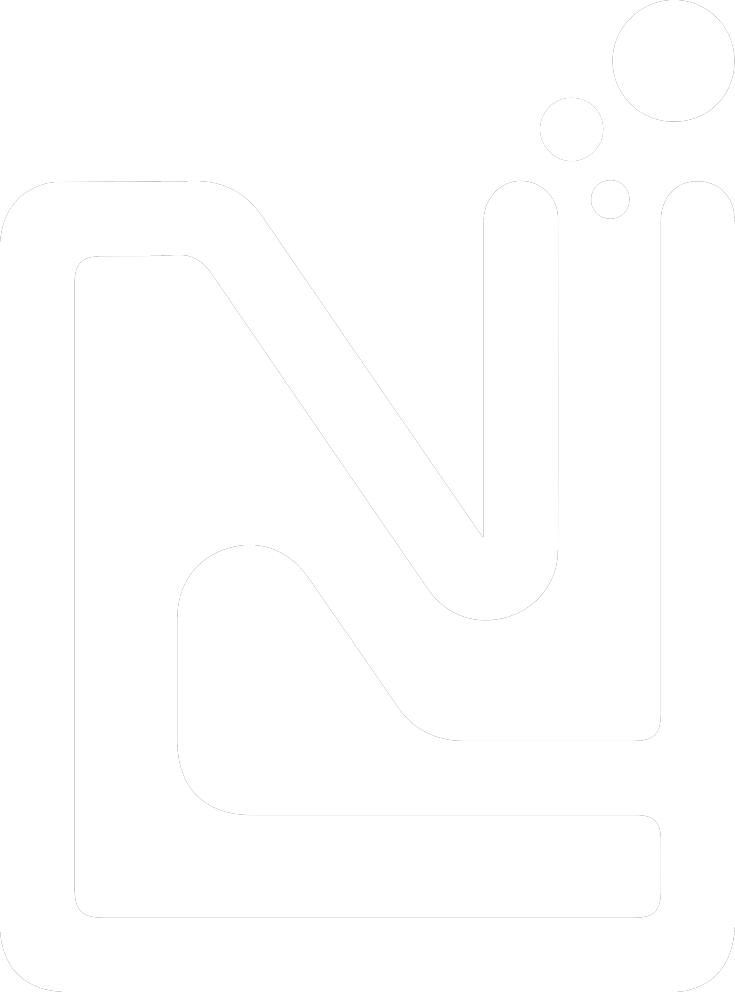The idea of decentralized autonomous organizations (DAOs) has been around for decades, but it wasn't until the advent of Web3 that they began to gain mainstream attention. By leveraging blockchain technology, DAOs offer a new way to organize and operate businesses on a global scale, without the need for a centralized authority. The rise of Web3 has brought renewed interest in DAOs, as developers and entrepreneurs continue to explore the possibilities of this revolutionary technology.
A DAO is a group of people working towards their collective goals in a decentralized way. This can involve cryptocurrency or not, but effective decentralization requires strong rails that are standard with blockchains like Ethereum. DAOs can be any size, from a couple of people to thousands. What makes them function at any scale is a strict approach to governance and automated operations through systems (often smart contracts). Initial formation often requires a mission, the pooling of funds and ratification of a governance document that strictly outlines how decisions are made and executed.
I think a lot of people look at the word DAO, and they think the ‘D’ stands for democracy. And that’s just not [the case]. People aren’t sitting in a circle singing Kumbaya and being like, ‘oh, we’re all going to do this together.’ That can happen, and that does happen … But that’s just like saying there’s only one way to start a company or one way to launch a project or product - Alex Taub
What are some good use cases for DAOs?
A DAO can be formed for nearly any purpose, but is it right for just anything? No, probably not. DAOs can be used by friends pooling resources to buy an asset, such as an NFT or by organizations making large-scale financial and operational decisions. Our friends at Upstream break DAOs down into the categories of grant, social, product, service, and investment:
Grant DAOs
- Primary purpose is to collect and distribute money to charitable causes or organizations.
- Automated execution of financial distribution is a primary value proposition.
- Examples: ChoiceDAO, UkraineDAO, and KlimaDAO
Social DAOs
- Exist to foster a community around a particular interest for social reasons.
- Funds are used to plan events and activities for the group.
- Examples: FWB and Boy's Club
Product DAOs
Service DAOs
- Service providers, like developers or designers, join as a collective.
- Owners benefit from its collective success and simplify client management.
- Examples: VitaDAO and MetaCartel
Investment DAOs
- Groups raise money, invest in assets, and manage ownership.
- Members participate in governance, providing diverse perspective and knowledge.
- Examples: ConstitutionDAO, PleasrDAO, SquiggleDAO, and LinksDAO

How do they work?
DAOs are only as effective as their members. DAOs function through the active engagement and governance of its members. All actions are triggered by proposals that are written, reviewed, debated, and enacted by members of the DAO itself. Some DAOs do allow proposals from the general public, but all decisions are made by the DAO. How voting works and individual voting power varies from DAO to DAO, so it is important to understand the governance protocols and membership requirements of any DAO you are considering being a part of. Once a decision is made, the DAO is bound to execute it. On-chain financial decisions are typically executed automatically (in true decentralized fashion), while others produce mandates for execution by members. DAOs can be complex and the infrastructure to implement them is not simple. However, many startups and groups have built platforms to simplify and streamline DAO creation and management. Our favorite DAO software is provided by Upstream. Now, anyone can start or join a DAO with ease!
Why use (or avoid) a DAO?
There are four value propositions of DAOs:
Decentralized Decision-Making
- Enables enforceable decisions at scale with infinite voters/decision makers.
- Leverages the diverse voices and opinions of its members to maximize decisions.
Transparency
- DAO decision-making and execution is 100% transparent for members.
- Protects the organization and benefits individual members by preventing fraudulent behavior.
Lean Systems
- Eliminates much of the administrative and paperwork of traditional organizations.
- Outlines clear governance and execution rules, enabling operation in a lean manner.
Rapid Formation
- Enables quick organization around a cause or event.
- Ensures transparency during formation and allows individuals to confidently commit to a group.
However, it should be noted that there is a flipside to these benefits. DAOs can often suffer from a tragedy of the commons. Accountability on execution and proposal formation can fall through the cracks. The ease with which DAOs can be created and grow comes with the risk of including members that are not fit to govern. In fact, some individuals join DAOs with motives that don't align with the DAO's purpose. This misalignment with incentives can be dangerous for the effectiveness and ultimate survival of a DAO.

The future of DAOs
DAOs offer a novel and interesting new way to organize around a topic at a global level. While great strides have been made to make DAO formation and operation easy, there is plenty of room to innovate and grow the DAO use case and value proposition. We anticipate that new approaches to DAO formation and management will continue to emerge as entrepreneurs and innovators test the waters. If you are working on DAO related infrastructure or products, do not hesitate to contact us for advisory or development support.

